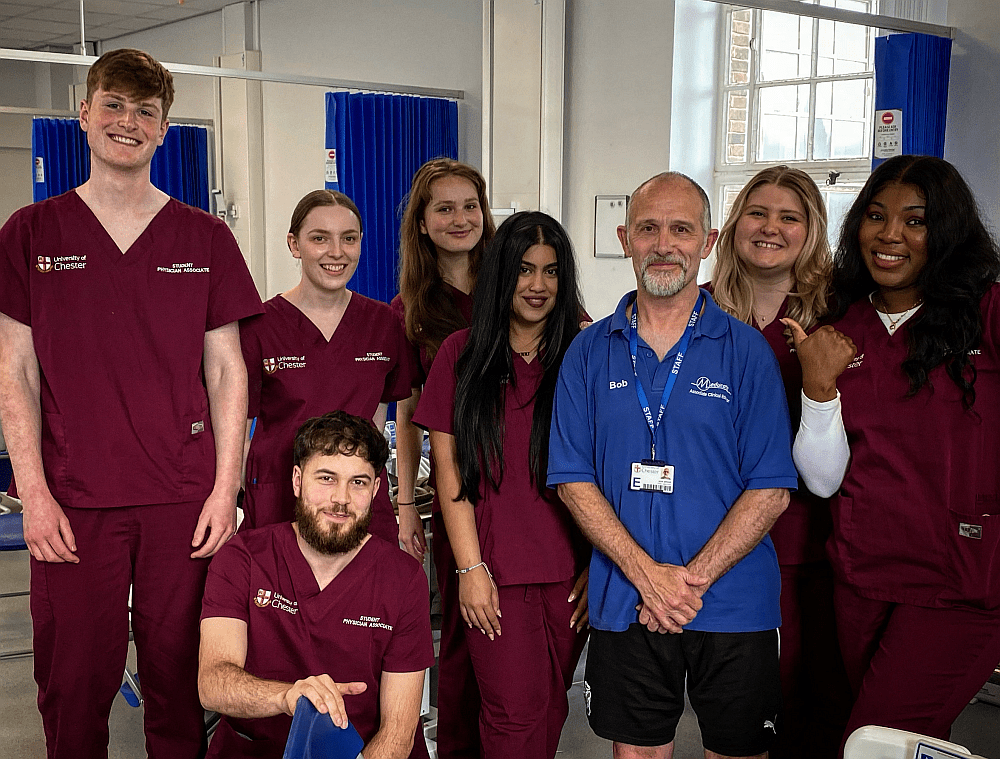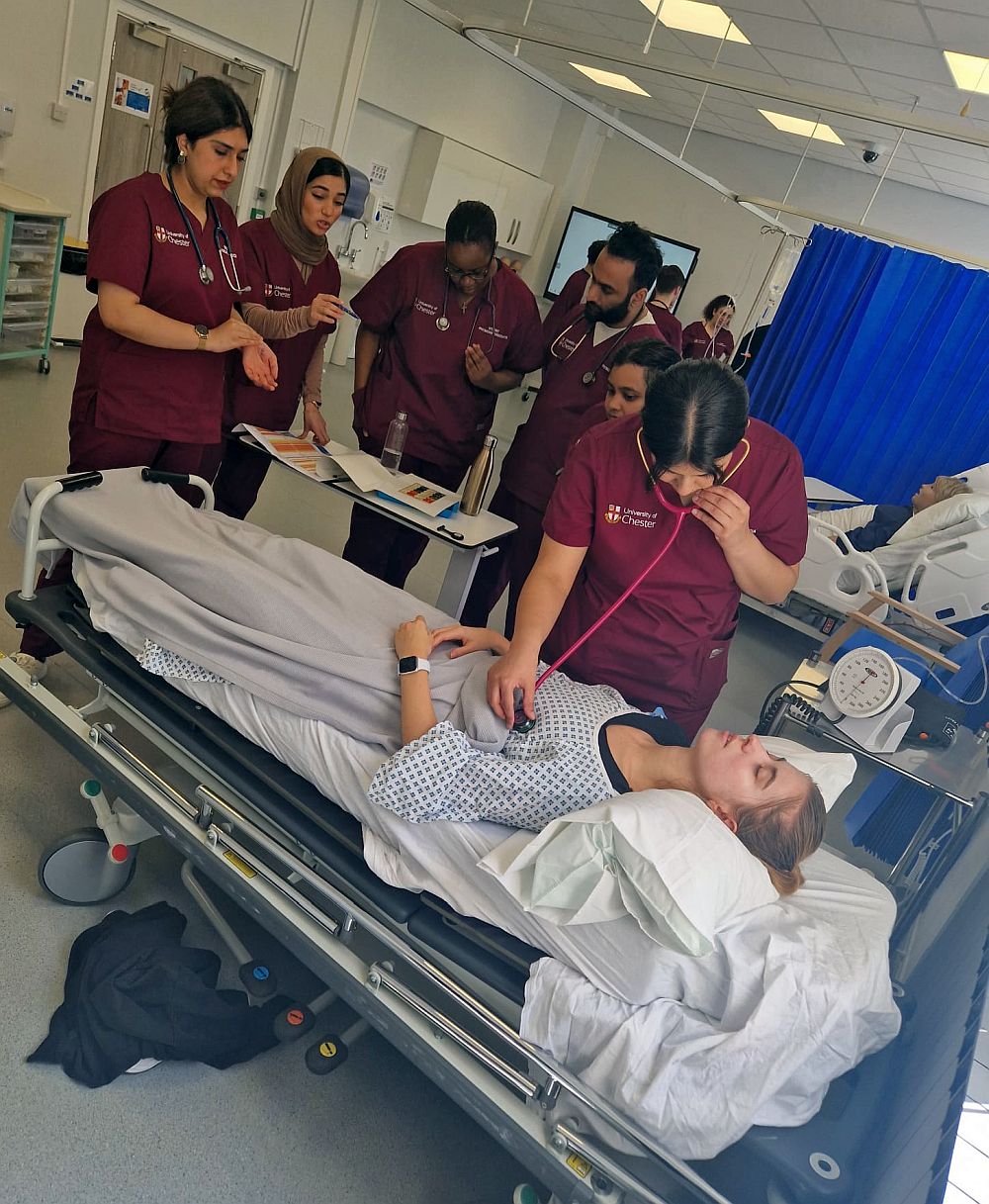Meducate Academy’s Busy Summer: Preparing for the New Academic Year
Meducate Academy’s summer season is a hive of activity, focused on preparing for the upcoming academic year. The team is busy refining courses and materials to deliver top-notch medical education.…

